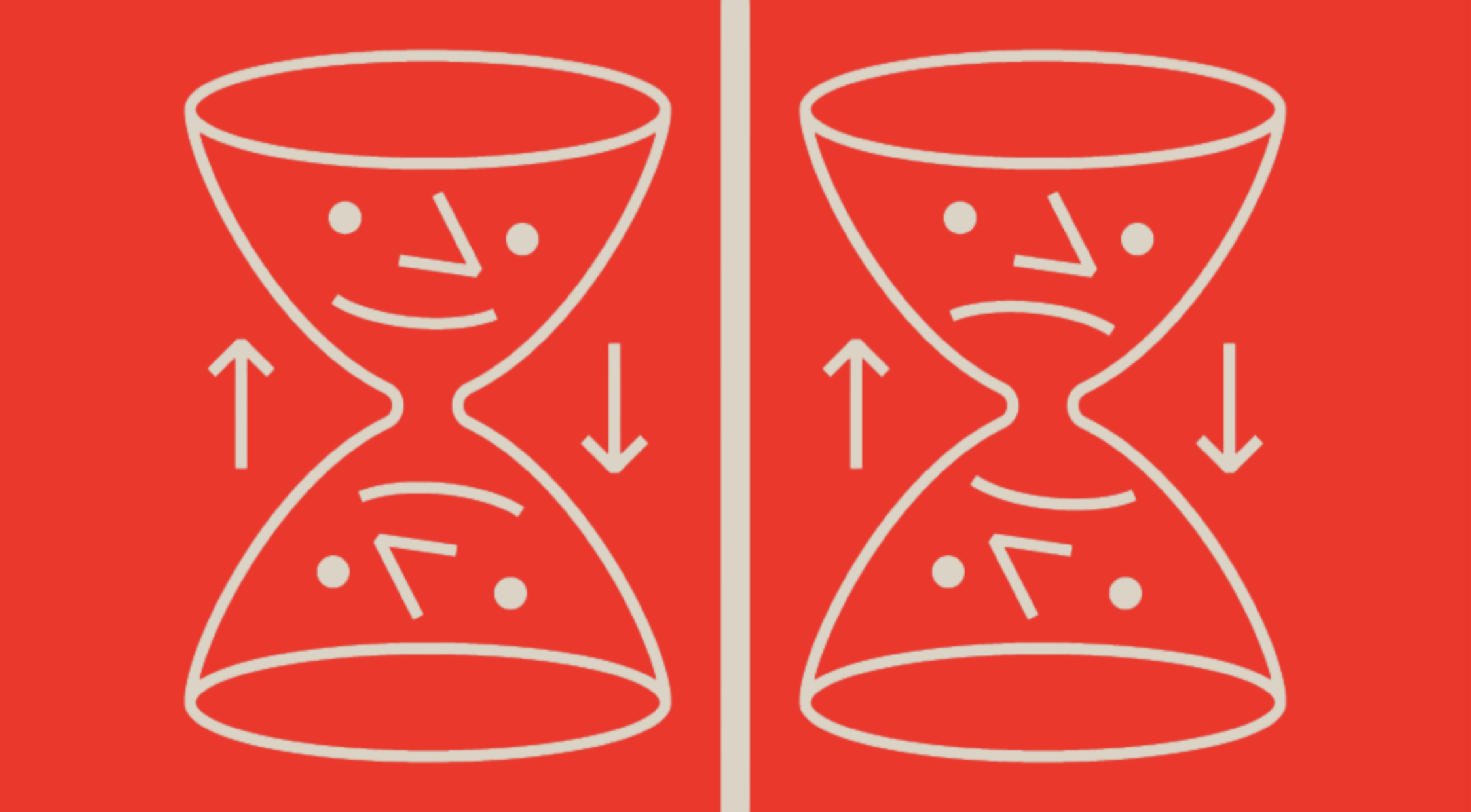Out-of-home advertising (OOH) — also known as outdoor media — is the marketing you see…
Advertising & Happiness: Can a Brand Campaign Improve Lives?
Let’s face it. Advertising as a whole hasn’t earned itself the best reputation. From brand campaigns that claim hollow support for social movements to flat-out manipulation, audiences are right to be wary.
Aside from regulatory compliance, how brands approach advertising is entirely up to decision-makers’ integrity and the ad agencies they partner with. Even with regulations in place, we know ads aren’t always created honestly or ethically. It’s why terms like “greenwashing” or “rainbow washing” loom in the minds of conscientious consumers in the first place.
In recent news, the United States District Court for the District of Massachusetts gave the green light for a class action lawsuit against seafood brand Gorton’s. The complaint accuses Gorton’s of false advertising, stating that the brand claims that its frozen tilapia is “sustainably sourced.”
In reality, the product is at least partially sourced from fish farms in China, where the complaint alleges fish farming conditions are environmentally destructive and inhumane.
Deceptive marketing of this ilk can make it hard to trust anything we see, hear, or read, especially when it’s trying to sell us something. It can also make it seem like advertising is a tool for manipulation.
But can advertising be good? Can an honest, informative ad campaign connect us to the things we genuinely need, thus improving our life satisfaction?
We like to think so. It turns out we’re not alone.
Can Advertising Make Us Happier?
No one likes to be bombarded with sales pitches, much less for stuff they don’t want, don’t need, and can’t afford. It’s easy to find potential ways in which ads can make us miserable, but perhaps a far less common consideration is whether a positive correlation might exist between advertising and happiness.
Enter: David A. Griffith.
Griffith is a professor of marketing at Texas A&M’s Mays Business School. In a forthcoming paper in the Journal of International Business Studies, Griffith and collaborators Hannah S. Lee and Goksel Yalcinkaya found evidence suggesting a “positive relationship between advertising spending and happiness at the country level.”
The study looked at data from 34 countries across nine years, relating it to data on happiness levels from the World Happiness Report. The results found a higher ad spend per capita correlated with higher levels of life satisfaction.
Griffith posits that these findings align with popular advertising theories and advertising’s role in society. While criticisms against advertising range from how it promotes materialism to how it can increase prices and/or waste, date back to the early days of ad spending, much depends on how you look at it and how decision-makers approach their brand strategies.
Advertising: The Good, The Bad, and the Eye of the Beholder
The theories Griffith references in support of his findings originate from academic discourse on the economic and societal impact of advertising. Two leading schools of thought exist in this arena. Here’s the lowdown:
Market Power School
The Market Power school of thought tends to paint advertising negatively, citing the potential for it to create monopolistic effects, increase prices to help companies recoup advertising costs, and raise entry barriers for all but larger companies. This view also posits that advertising encourages materialistic sentiments and dupes consumers into wanting products they don’t need.
The Information School
The Information school is what Griffith points to in support of his findings. This viewpoint argues that advertising is a powerful form of communication that helps consumers find products and services they legitimately need.
When accurate information is presented, ads can help consumers make more informed decisions and increase search efficiency. The Information school also supports the idea that advertising ultimately encourages innovation and market entry and that it can help reduce prices by helping companies achieve economies of scale.
Advertising & Regulation: Keeping it on the Good Side
Advertising as information and education is a powerful tool. It provides a way for social-and environmental-justice-minded brands to help make inclusive messaging part of the broader societal lexicon. Still, it’s important to acknowledge that deceptive or manipulative advertising is out there and should have consequences.
Griffiths points out that the study, which controlled for the potential impact of different institutional environments (political, societal, and regulatory), found that less strict and less strictly enforced regulatory environments weakened the correlation between happiness and ad spend.
While the paper’s overall findings are promising, much remains to be studied about advertising’s role in society and its impact on our happiness. New advances like artificial intelligence, audience targeting, and changing privacy laws keep the conversation evolving.
An Honest Day’s Advertising
Knowing that advertising has the potential to increase societal happiness is inspiring, and it can serve as a North Star for all entering the market. Brands that decidedly want to use advertising as a tool for good, meant to communicate the availability and features of products and services that aim to improve lives, can ensure they do so by incorporating these values into their overall brand messaging strategy. This includes carefully considering who gets to make advertising decisions internally and which ad agencies a brand will partner with to get the word out.
Those who aim to create a holistic brand and advertising strategy that’s good for people and the planet, and especially those who want to express diverse, inclusive values in their approach, will want to work with a reputable ad agency that has demonstrable experience in creating ethical, honest brand campaigns.




